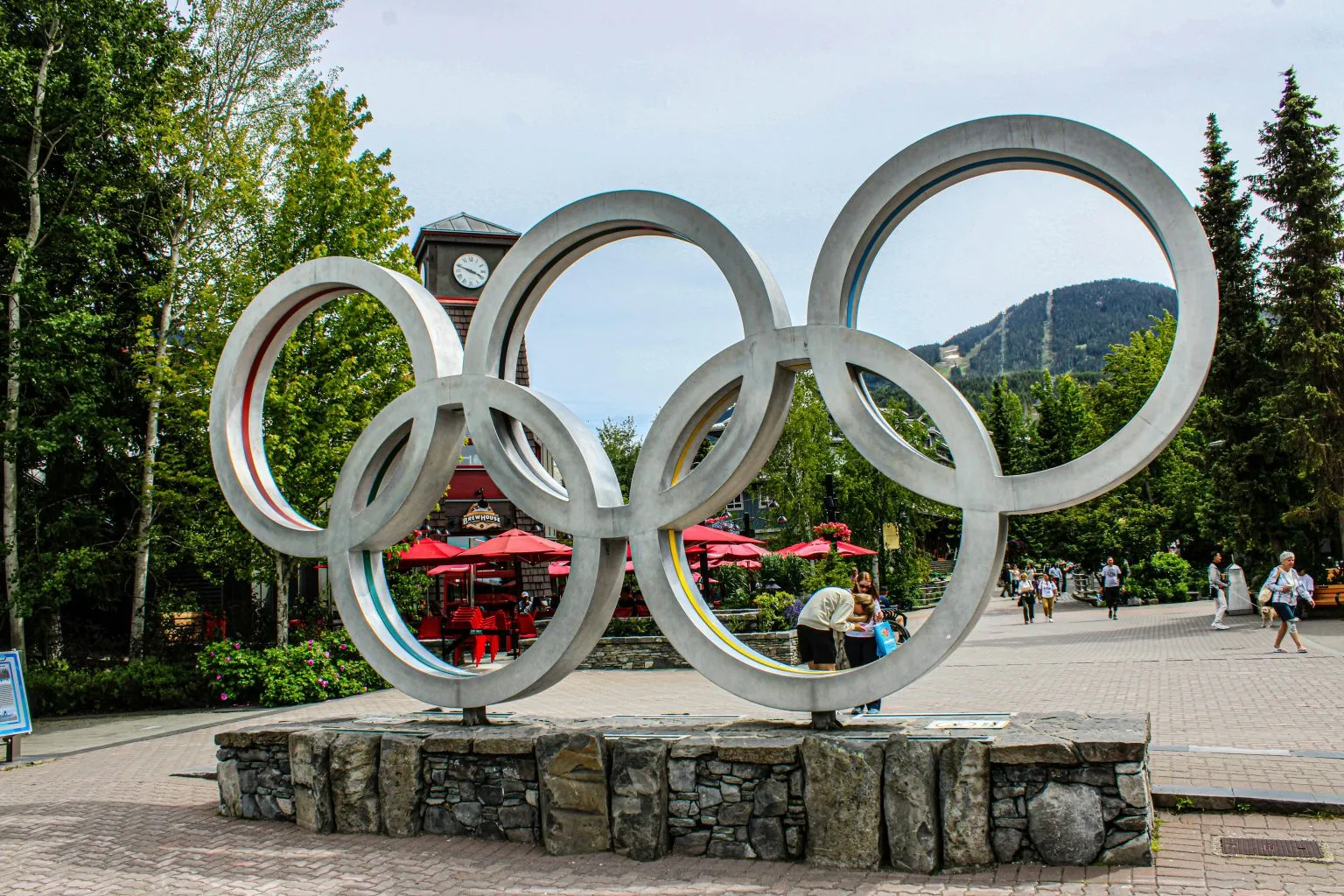
Uniting the World: How the Olympics Foster Inclusion and Peace
In a world often divided by politics, culture, and conflict, the Olympic Games serve as a powerful reminder of our shared humanity. From its ancient origins to the grand spectacles of today, the Olympics have consistently championed the ideals of inclusion and peace, bringing together people from all corners of the globe to celebrate athletic excellence and cultural diversity.
A Stage for Global Unity
The Olympics are more than just a series of sporting events; they are a global stage where nations, regardless of their size or influence, come together in the spirit of camaraderie and competition. The Games offer a unique opportunity for countries to showcase their talents and achievements, but they also foster a sense of unity and mutual respect among athletes and spectators alike.
Every four years, millions of people tune in to watch the Olympics. This collective experience helps bridge cultural gaps and encourages a shared appreciation for the diverse talents and traditions represented on the Olympic stage.
Celebrating Diversity and Inclusion
One of the most remarkable aspects of the Olympics is its commitment to inclusion. The Games have progressively embraced athletes from a wide range of backgrounds, abilities, and identities. This is particularly evident in the growing representation of women athletes, para-athletes, and competitors from countries that have historically been underrepresented.
For instance, the introduction of the Winter Olympics and Paralympics has expanded the scope of sports and provided a platform for athletes with disabilities to shine. The spotlight on these athletes not only challenges stereotypes but also promotes a broader definition of excellence and capability.
The Olympics also serve as a venue for raising awareness about important social issues. For example, athletes have used their platforms to advocate for gender equality, racial justice, and environmental sustainability.
By standing up for these causes, they help drive conversations that extend far beyond the confines of the Games, contributing to a more inclusive and equitable global community.
Promoting Peace Through Sport
At its core, the Olympics are a celebration of peace. The Olympic Truce, a tradition dating back to ancient Greece, calls for a cessation of hostilities during the Games, allowing athletes and spectators to focus on the spirit of sport and cooperation. This principle continues to be a fundamental aspect of the modern Olympics, symbolizing a commitment to resolving conflicts through dialogue and mutual understanding.
The presence of athletes from nations with strained relationships can be particularly poignant. When competitors from rival countries join forces in a relay race or share the podium, it serves as a powerful symbol of reconciliation and shared humanity. The emotional moments of mutual respect remind us that, despite our differences, we all share a common love for the pursuit of excellence and the joy of achievement.
Here are several examples where the Olympics have contributed to easing tensions and fostering peace:
1. 1964 Tokyo Olympics
Following World War II, Japan faced significant international scrutiny and isolation. The successful hosting of the Tokyo Olympics marked Japan’s return to the global stage and symbolized its post-war recovery and reintegration into the international community. The event helped to bridge historical divides, showcasing Japan’s commitment to peace and cooperation, and fostering a sense of reconciliation and global unity.
2. The 1980 and 1984 Olympic Boycotts as a Diplomatic Tool
The 1980 Moscow Olympics were boycotted by the United States and several other countries in protest of the Soviet Union’s invasion of Afghanistan. In retaliation, the Soviet Union and its allies boycotted the 1984 Los Angeles Olympics. While these boycotts were primarily political actions, they also highlighted the Olympics’ role as a platform for global diplomacy and protest. The subsequent efforts to resolve the conflicts that led to these boycotts underscored the need for dialogue and diplomatic engagement, reflecting the complex interplay between international sports and global politics.
3. The 1992 Barcelona Olympics as a Peaceful Reunion
The 1992 Barcelona Olympics were notable for the peaceful and symbolic reunification of a divided Germany. The fall of the Berlin Wall in 1989 and the subsequent reunification of East and West Germany were significant geopolitical events. The 1992 Games saw athletes from the newly unified Germany competing under a single flag, symbolizing the end of decades of division and the start of a new era of cooperation. This moment of unity on the global stage helped to reinforce the peace and stability emerging in post-Cold War Europe.
4. The 2018 Winter Olympics in PyeongChang, South Korea
These games featured a historic moment of diplomacy between North and South Korea. For the first time in decades, North Korean athletes competed alongside South Korean athletes under a unified flag in the women’s ice hockey tournament. Additionally, the two Koreas fielded a joint women’s ice hockey team, and the two countries marched together during the Opening Ceremony. This cooperation during the Olympics was seen as a significant step toward easing tensions and fostering dialogue between the two Koreas.
5. The 2024 Paris Olympics
Looking ahead, the 2024 Paris Olympics that is currently happening aims to promote peace and inclusion on a global scale. The Games are set to feature initiatives that celebrate diversity and foster dialogue among nations. With a focus on sustainability and global cooperation, the Paris Games aim to continue the Olympic tradition of using sport as a means to bridge divides and encourage positive international relations.
The Legacy of the Olympics
The impact of the Olympics extends beyond the Games themselves. The friendships forged among athletes, the increased awareness of different cultures, and the lessons learned in cooperation and mutual respect leave a lasting legacy that influences future generations. Schools and communities often use the values exemplified by the Olympics as a foundation for programs that promote inclusivity and understanding.
Conclusion
In a time when divisions and conflicts can seem overwhelming, the Olympic Games offer a refreshing reminder of what we can achieve when we come together. By celebrating sports, cultures, and values, the Olympics can foster inclusion, promote peace, and unite people across divides.

